Spice Up Your Mediterranean Diet: 7 Zesty Tips to Flavor Your Way to Health!
Welcome, spice enthusiasts and Mediterranean food lovers! Whether you're a seasoned chef with a passion for ancient herbs or someone just dipping their toes into the world of culinary flavors, this guide is your golden ticket to mastering the true mediterranean diet — with a twist. We're talking spices, bold flavors, and health benefits that go beyond the olive oil bottle.
Table of Contents
- What Is the True Mediterranean Diet Anyway?
- Why Spices Matter in Mediterranean Eating
- Top 5 Spices That Belong on Every Mediterranean Pantry Shelf
- 7 Practical Spice Tips to Elevate Your Mediterranean Meals
- Mediterranean Diet Myths Busted With a Dash of Spicy Truth
- Quick & Tasty Spice-Powered Mediterranean Meal Ideas
- Final Thoughts: Let’s Get Seasonal, Not Salty
What Is the True Mediterranean Diet Anyway?
The true mediterranean diet isn't just a fancy way of saying “eat more fish and less meat.” It's a lifestyle rooted in centuries-old traditions from countries like Greece, Italy, Morocco, and Turkey. More than a meal plan, it's a holistic approach to eating that prioritizes whole foods, healthy fats (like olive oil), legumes, fruits, vegetables, and yes — a generous helping of aromatic spices.
| Mediterranean Diet Fact | Myth Busting Counterpoint |
|---|---|
| Focuses on plant-based ingredients | It’s not all about pasta and cheese! |
| Uses minimal salt | Spices are the real flavor heroes here. |
| Promotes heart health | And helps manage blood sugar too! |
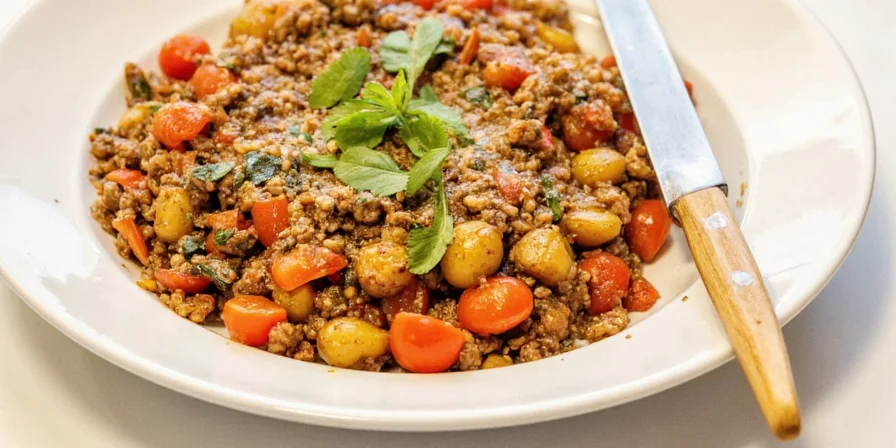
Why Spices Matter in Mediterranean Eating
While many modern diets rely on salt and sugar to jazz up bland meals, traditional Mediterranean cooking uses spices as both flavor boosters and natural health aids. From turmeric’s anti-inflammatory powers to cinnamon’s ability to regulate blood sugar, spices bring more than just aroma — they pack a punch for your wellness.
Let’s look at how different cultures within the Mediterranean region use spices:
- Greece: Oregano, dill, and thyme season grilled meats and salads.
- Turkey: Sumac, paprika, and cumin add depth to stews and dips.
- Morocco: Ras el hanout, saffron, and ginger make tagines sing.
- Italy: Basil, rosemary, and fennel seeds elevate pastas and breads.
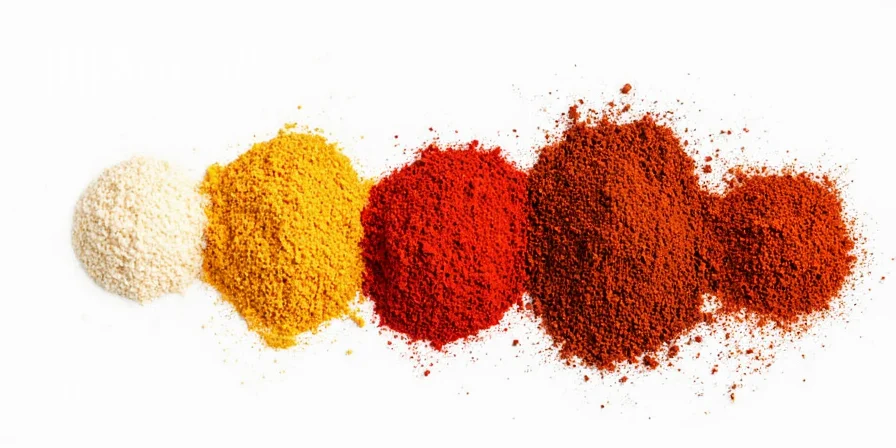
Top 5 Spices That Belong on Every Mediterranean Pantry Shelf
If you're going full Mediterranean, these five spices should be staples in your kitchen:
- Oregano: The queen of Greek seasoning; perfect for tomato sauces and grilled veggies.
- Sumac: Tangy, lemony, and oh-so-good on hummus or falafel.
- Cumin: Adds warmth to Moroccan dishes and Middle Eastern couscous.
- Saffron: Luxurious and pricey, but worth every penny in paella and rice dishes.
- Paprika: Sweet or smoked, it brings color and subtle heat to Spanish and Turkish fare.
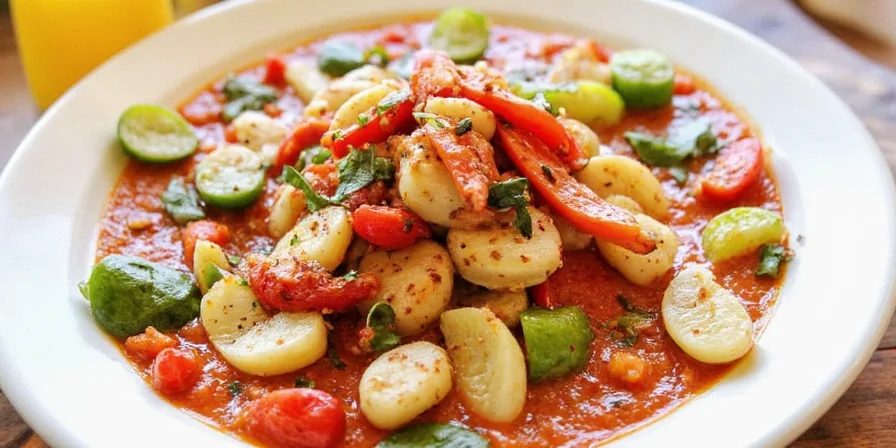
7 Practical Spice Tips to Elevate Your Mediterranean Meals
You don’t need a PhD in flavorology to spice up your Mediterranean game. Here are seven easy tricks to transform your kitchen into a flavor oasis:
- Toasting Spices Before Use: A quick toast in a dry pan enhances depth and aroma. Just don’t burn them — nobody wants bitter cumin.
- Layering Flavors: Start with garlic and onions, then layer in dried spices early, followed by fresh herbs toward the end of cooking.
- Make Your Own Spice Blends: Try DIY versions of za’atar or ras el hanout for a personal touch.
- Store Spices Properly: Keep them in dark glass jars away from heat and moisture to preserve potency.
- Don’t Fear Heat: Add a pinch of crushed red pepper flakes for a kick without overpowering the dish.
- Use Fresh Herbs Too: Basil, mint, parsley, and cilantro can brighten up any Mediterranean plate.
- Pair Smartly: Some spices play well together; others, not so much. Cumin + cinnamon? Yes. Nutmeg + chili? Maybe not unless you’re feeling adventurous.
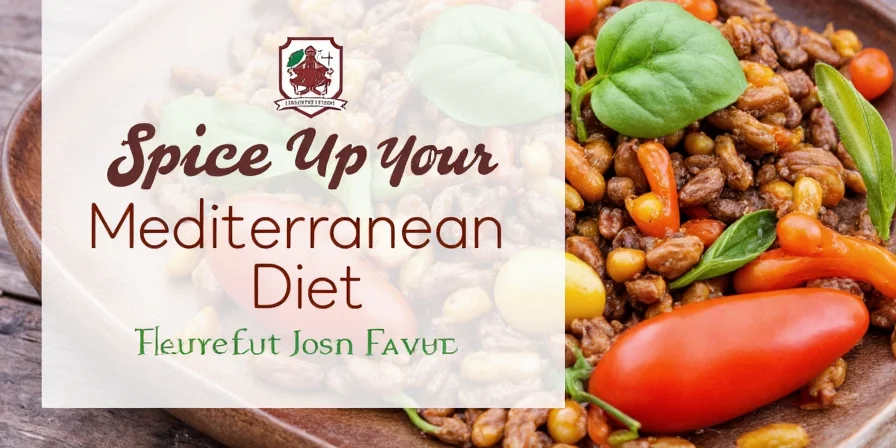
Mediterranean Diet Myths Busted With a Dash of Spicy Truth
There’s no shortage of misinformation floating around the internet when it comes to the mediterranean diet. Let’s bust a few myths with some spicy clarity:
- Myth: The Mediterranean diet means eating pasta every day.
Truth: Whole grains like farro, bulgur, and barley are more common than refined white pasta. - Myth: Olive oil is the only healthy fat you’ll ever need.
Truth: While it's a staple, nuts, seeds, and avocado also play a role in balance. - Myth: You have to live near the sea to follow the diet.
Truth: As long as you have access to quality ingredients, location doesn’t limit authenticity. - Myth: Salt is banned in the Mediterranean diet.
Truth: You can still enjoy salt, but spices help reduce reliance on it.
Quick & Tasty Spice-Powered Mediterranean Meal Ideas
Ready to put theory into practice? Here are five quick, spice-forward Mediterranean recipes you can try tonight — no plane ticket required:
- Sumac-Rubbed Chicken Skillet: Sear chicken breasts with garlic, onion, and a rub of sumac, paprika, and black pepper. Serve with quinoa and roasted zucchini.
- Spiced Chickpea Stew: Simmer chickpeas with tomatoes, spinach, cumin, coriander, and a hint of cinnamon. Finish with a squeeze of lemon.
- Herby Couscous Salad: Toss cooked couscous with chopped mint, parsley, diced cucumber, and feta. Dress with olive oil, lemon, and a dash of oregano.
- Grilled Eggplant with Za’atar: Brush eggplant slices with olive oil and grill until tender. Sprinkle with homemade za’atar (oregano, sumac, sesame, and salt) for a smoky finish.
- Saffron Rice Pilaf: Toast basmati rice in olive oil, add saffron threads soaked in warm water, and simmer with vegetable broth for a fragrant side dish.
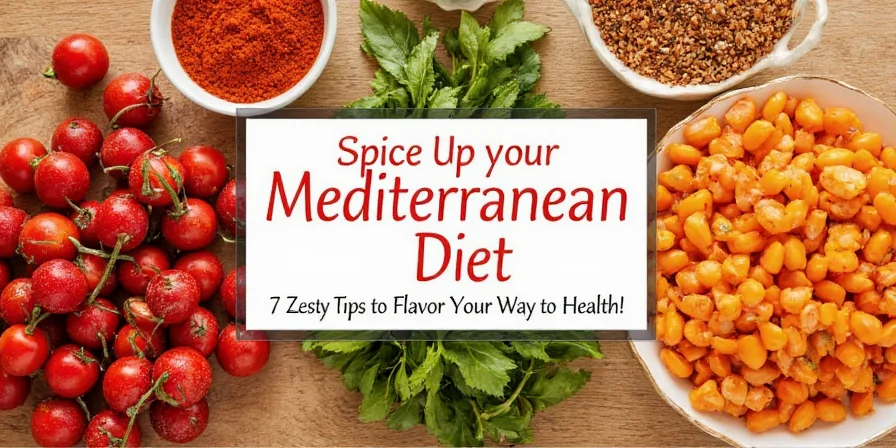
Final Thoughts: Let’s Get Seasonal, Not Salty
The true mediterranean diet isn’t about deprivation — it’s about celebration. And what better way to celebrate life than through the vibrant, aromatic, and healing power of spices? Whether you’re grilling, roasting, or blending, spices offer a gateway to deeper flavor and richer health benefits.
So next time you reach for that salt shaker, pause. Think about which spice could do the heavy lifting instead. After all, variety is the spice of life — and the secret ingredient in every authentic Mediterranean feast.
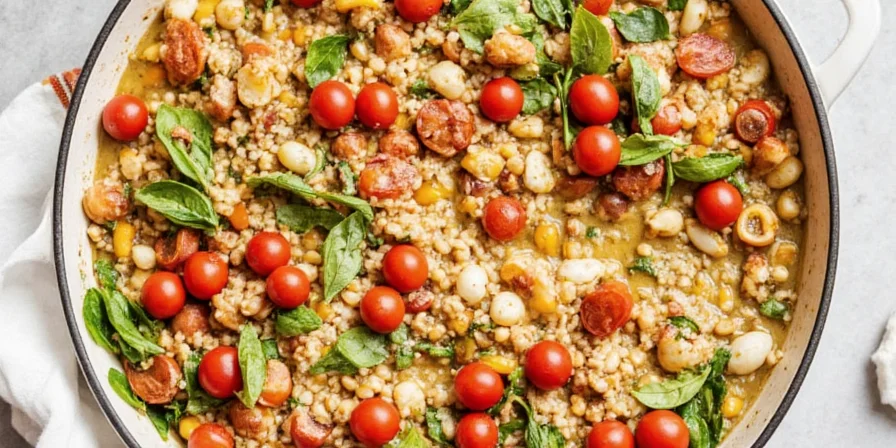

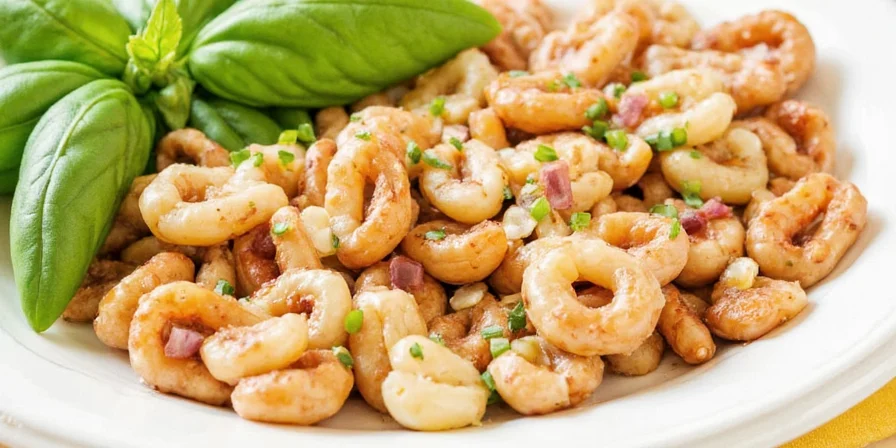









 浙公网安备
33010002000092号
浙公网安备
33010002000092号 浙B2-20120091-4
浙B2-20120091-4